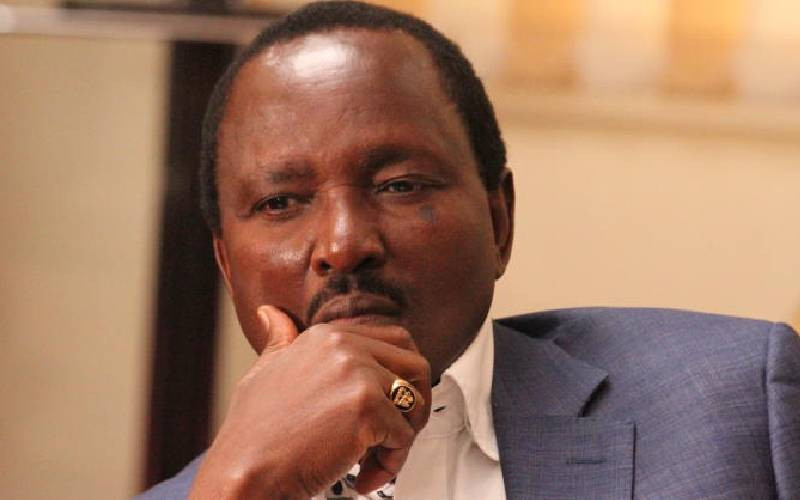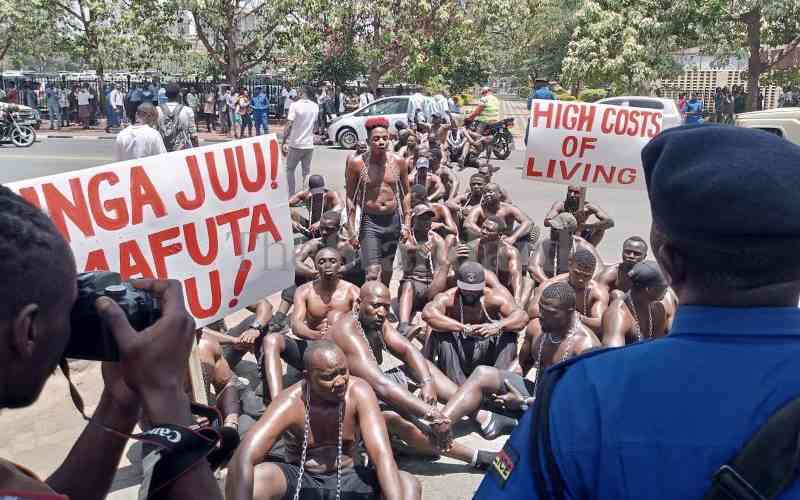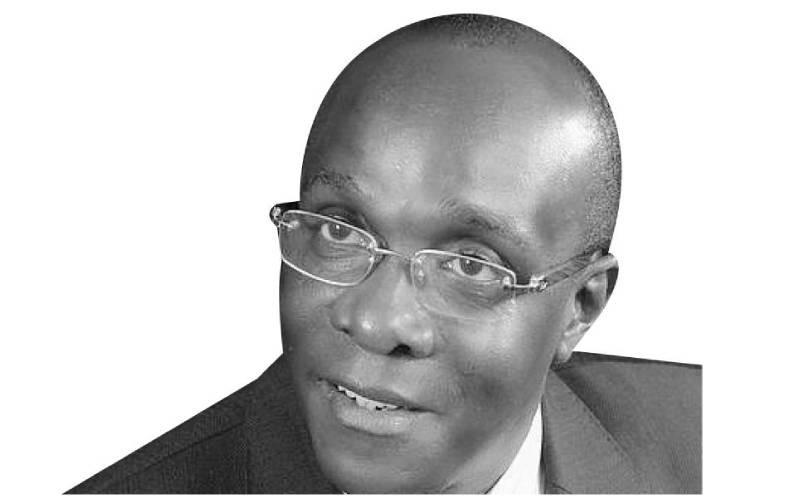
The Kenyan electoral homestretch is here, finally. It comes with panic sounds and lights too. The country has four presidential candidates, contrary to earlier expectations of an overcrowded field.
The Independent Electoral and Boundaries Commission (IEBC) cut down the massive list of aspirants to a realistic number. It is difficult to tell what drives sensible people who attended good schools, into a race they should know they will lose.
Perhaps it’s unmitigated ego. Pure machismo. Just the opportunity to say, “I was a presidential candidate. This race is between William Ruto and Raila Odinga. Everyone knows. Barring the hand of a wicked angel of mischief, either of the two will be Kenya’s fifth president. The die is cast, the stage is set.
We can only say with the 18thcentury pioneer Methodist theologian John Wesley, “Do all the good you can, by all the means you can, in all the ways you can, in all the places you can, at all the times you can, to all the people you can, as long as ever you can.”
We say also with the Victorian literary realist, Thomas Hardy, “The serpent hisses where the sweet birds sing.” As we often remind ourselves at times such as now, the sweet birds are already singing songs of victory. Their tunes, however, ring with the cacophony and foreboding. For, when you listen to the sweet birds in the canopy of this year’s election, you hear the urgency of fear and worry. The fear of failure and defeat at the presidential poll, especially.
You would be forgiven to imagine that the election was about the president and nothing beyond. Kenyans will elect 290 members of the National Assembly, 47 Woman County representatives, 47 senators and 47 governors. They will also elect 1,450 members of County Assembly. Yet the focus is almost exclusively on the presidency.
Informing the campaigns is fear of losing this all important single poll. When people ask whether the IEBC is ready for the elections, they mean the presidential election. The stakes are that high. They could lead to an undesirable aftermath, where the losers don’t accept they have lost fairly and squarely.
Going forward, there is need for moderation. A number of disturbing things ought to be addressed in the remaining few weeks. First is the toning down of rhetoric and insolent language. The descriptors used against opponents are ugly, across the board. The language will leave the loser feeling grossly humiliated in defeat, to the extent that in their perception nothing could be worse. Whoever wins this election must leave the other with a modicum of respectability and self-esteem. Ongoing warlike decibels and name calling sound like drums of war.
Second are the intellectuals-turned-bloggers, stoking the fires. They need to stop. Professionals whom society has held in very high regard, because of their distinguished learning and unparalleled role as public intellectuals, have descended into abysmal diatribe.
They bandy base words in social media. Some attempt to speak unabashedly to tribal populations. They write on Twitter, “Tribe this, this is for you . . .” It is shameful, especially for people who claim affinity to high learning. They ought to know the country must go on, even after their candidate has lost the presidential election.
Finally, is the role of public servants – and here I must name names. Cabinet Secretaries Joe Mucheru and Fred Matiang’i occupy high voltage offices at this time. So too, does Interior Principal Secretary Karanja Kibicho. Common wisdom demands that they refrain from showing their hand – real or imagined.
When they ridicule one of the candidates and talk of how the other one will win hands down, they stoke the fires of wrath. And Chief Justice Martha Koome should know that IEBC’s performance could end up before her for adjudication. She has no business speaking about IEBC out of turn. She should sit in her court and wait. Otherwise it should not surprise her to hear someone say in August, “Koome na wakora wake.”
In all, it is time to tone down rhetoric. The candidates should, especially, remember both Wesley and Hardy, in whatever they do – or even don’t do.
Dr Muluka is a strategic communications advisor. www.barrackmuluka.co.ke
Stay informed. Subscribe to our newsletter
 The Standard Group Plc is a
multi-media organization with investments in media platforms spanning newspaper
print operations, television, radio broadcasting, digital and online services. The
Standard Group is recognized as a leading multi-media house in Kenya with a key
influence in matters of national and international interest.
The Standard Group Plc is a
multi-media organization with investments in media platforms spanning newspaper
print operations, television, radio broadcasting, digital and online services. The
Standard Group is recognized as a leading multi-media house in Kenya with a key
influence in matters of national and international interest.
 The Standard Group Plc is a
multi-media organization with investments in media platforms spanning newspaper
print operations, television, radio broadcasting, digital and online services. The
Standard Group is recognized as a leading multi-media house in Kenya with a key
influence in matters of national and international interest.
The Standard Group Plc is a
multi-media organization with investments in media platforms spanning newspaper
print operations, television, radio broadcasting, digital and online services. The
Standard Group is recognized as a leading multi-media house in Kenya with a key
influence in matters of national and international interest.









